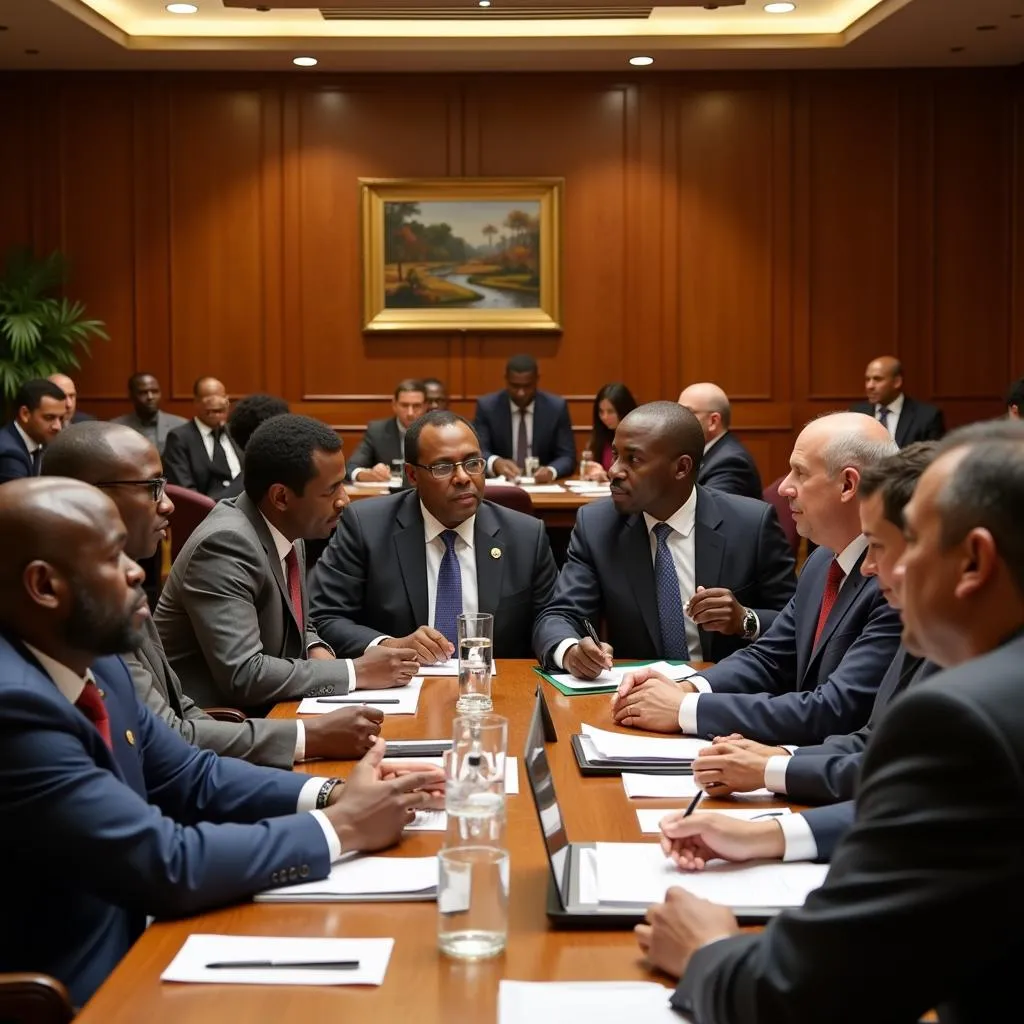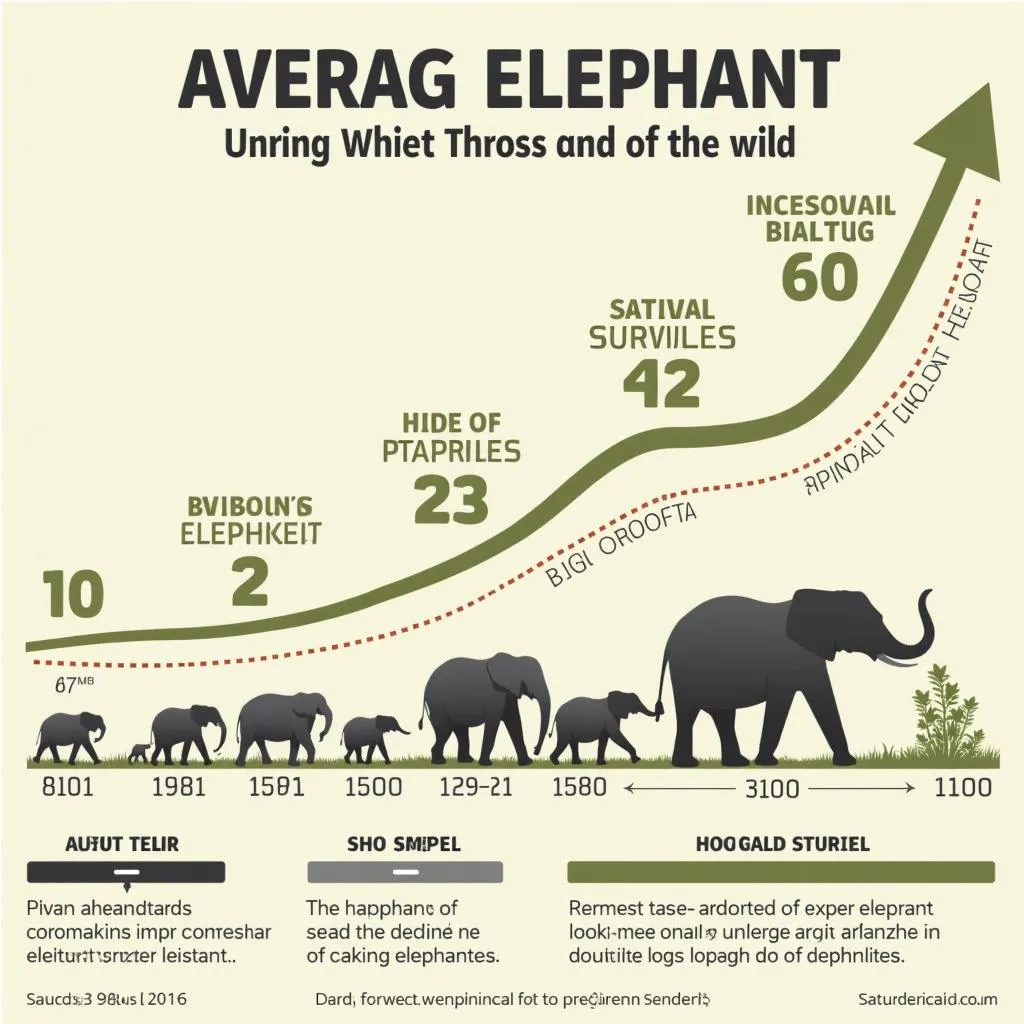Exploring the Power of African Alliance Partnership
African Alliance Partnership is a crucial driver of growth and development across the continent. These partnerships, encompassing various sectors from trade and investment to technology and healthcare, are essential for fostering sustainable economic progress, strengthening regional integration, and addressing common challenges. This article delves into the multifaceted nature of these alliances, exploring their diverse forms, benefits, and impact on Africa’s future.
The African Development Bank and ISA collaboration is a prime example of the potential of strategic alliances. Such partnerships can unlock new opportunities for economic growth and development. They facilitate knowledge sharing, technology transfer, and access to critical resources. Moreover, these collaborations play a pivotal role in addressing pressing issues such as climate change, food security, and healthcare access.
One key area where African alliance partnerships are making a significant impact is infrastructure development. By pooling resources and expertise, countries can undertake large-scale projects that would be impossible to achieve individually. These projects, ranging from transportation networks to energy infrastructure, are vital for facilitating trade, attracting foreign investment, and improving the quality of life for millions of Africans.
Another critical aspect of African alliance partnership is the promotion of regional integration. By working together, countries can break down barriers to trade, facilitate the movement of people and goods, and create a more integrated and dynamic African market. This integration is crucial for unlocking the continent’s vast economic potential and promoting sustainable development.
African Development Bank and ISA exemplify the potential of such partnerships.
The Benefits of Collaboration: How African Alliance Partnerships Drive Growth
African alliance partnerships bring a multitude of benefits to the continent. These collaborations can foster innovation, improve competitiveness, and create new opportunities for businesses and entrepreneurs. By sharing knowledge and resources, African countries can leverage their collective strengths and overcome shared challenges.
- Economic Growth: Partnerships can stimulate economic growth by facilitating trade, attracting investment, and creating new jobs.
- Regional Integration: Alliances can promote regional integration by breaking down barriers to trade and facilitating the movement of people and goods.
- Capacity Building: Partnerships can enhance capacity building by providing access to training, technology, and expertise.
- Sustainable Development: Collaborations can contribute to sustainable development by addressing critical issues such as climate change, food security, and healthcare access.
[Image-1|african-alliance-partnership-economic-growth|African Alliance Partnership Driving Economic Growth|An image depicting a graph showing the positive correlation between African alliance partnerships and economic growth. The graph showcases key sectors like agriculture, technology, and infrastructure, illustrating the impact of collaborative efforts on these sectors. In the background, a map of Africa highlights regions with significant partnership activity.]
Different Types of African Alliance Partnerships: A Diverse Landscape
African alliance partnerships take on various forms, ranging from bilateral agreements between two countries to multilateral collaborations involving multiple stakeholders. These partnerships can involve governments, private sector companies, civil society organizations, and international development agencies.
Government-to-Government Partnerships
These partnerships involve collaborations between two or more African governments to address shared challenges and pursue common goals. These collaborations can focus on a wide range of issues, from trade and infrastructure development to security and environmental protection.
Public-Private Partnerships
Public-private partnerships (PPPs) bring together governments and private sector companies to undertake large-scale projects. PPPs can be an effective way to leverage private sector expertise and capital to address infrastructure needs and promote economic development.
[Image-2|african-alliance-partnership-public-private|Public-Private Partnership in Africa|An image showcasing a construction site in Africa with workers building a new road. A signboard displays the logos of a government agency and a private construction company, symbolizing their collaboration. The image represents how public-private partnerships contribute to infrastructure development in Africa.]
Regional Economic Communities
Regional economic communities (RECs) are groupings of African countries that work together to promote regional integration and economic development. RECs play a crucial role in facilitating trade, harmonizing regulations, and promoting cross-border cooperation. African Airlines Aviation E&Y Report 2018 can provide more insights into such collaborations.
Challenges and Opportunities: Navigating the Complexities of African Alliance Partnership
While African alliance partnerships offer significant potential, they also face various challenges. These challenges include limited resources, capacity constraints, and political and regulatory hurdles. However, by addressing these challenges and leveraging opportunities, African countries can unlock the full potential of these partnerships.
African Capital Alliance CEO and African Capital Alliance Okey Enelamah are key figures involved in navigating these complexities. Their expertise offers valuable insights into the dynamics of African partnerships.
Expert Insight:
Dr. Adebayo Ogunlesi, a renowned economist specializing in African development, emphasizes the importance of strong institutional frameworks for successful partnerships: “Robust governance structures are crucial for ensuring transparency, accountability, and effective implementation of partnership initiatives.”
[Image-3|african-alliance-partnership-challenges-opportunities|Navigating the Challenges and Opportunities in African Alliance Partnerships|An image depicting a group of African leaders meeting and discussing around a table. The table displays documents related to partnership agreements. The background shows a map of Africa with interconnected lines symbolizing collaboration and networking.]
Conclusion
African alliance partnership is a powerful engine for driving growth and development across the continent. By working together, African countries can leverage their collective strengths, overcome shared challenges, and build a more prosperous and integrated future. These partnerships are essential for achieving sustainable economic progress, promoting regional integration, and addressing pressing issues such as climate change, food security, and healthcare access. Investing in and strengthening these alliances will be crucial for unlocking Africa’s vast potential and creating a brighter future for all its people.
FAQ
- What are the main types of African alliance partnerships?
- How do these partnerships contribute to economic growth?
- What are the key challenges faced by African alliance partnerships?
- What are the benefits of regional integration in Africa?
- How can these partnerships contribute to sustainable development goals?
- What role does the private sector play in African alliance partnerships?
- How can African countries strengthen their partnership frameworks?
Situations for Common Questions:
- Question: How can I find information about specific African alliance partnerships? Answer: Research organizations like the African Development Bank and regional economic communities often publish reports and data on their partnerships.
- Question: I’m a business owner interested in partnering with an African company. Where do I start? Answer: Explore trade organizations and chambers of commerce in the specific African country you’re interested in.
Further Exploration:
Explore related articles on our website about the Who is known as African Gandhi.
Contact Us
For further assistance, contact us:
Phone: +255768904061
Email: [email protected]
Address: Mbarali DC Mawindi, Kangaga, Tanzania
Our customer service team is available 24/7.



